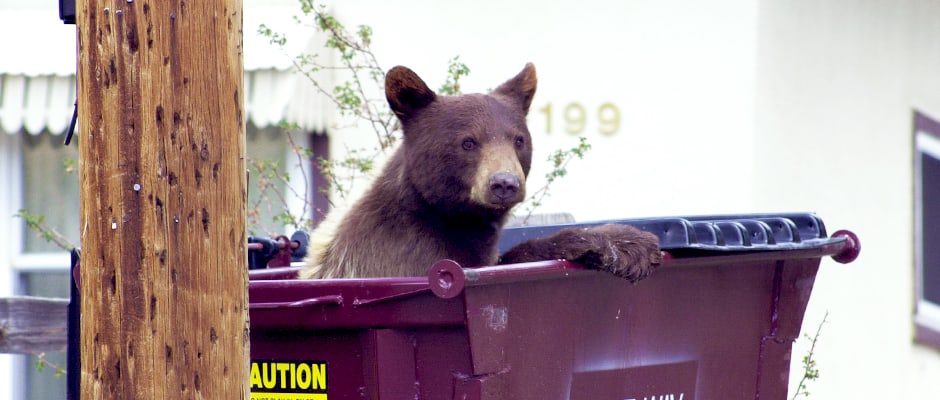Share this article
British Columbia to end relocations of conflict carnivores
British Columbia’s Ministry of the Environment recently updated a policy that will end the practice of relocating large carnivores that have either come in contact with humans or become habituated to human food sources. Instead, such animals will be euthanized unless efforts to deter animals from human-populated areas are successful.
Large carnivore relocations have been cited as an ineffective management technique due to their difficulty and low success rates. Animals that are relocated often do not survive, as they come into conflict with other animals already in the area and must compete for territory and food. Furthermore, it is more often habituation, rather than aggression, that leads to human-wildlife conflict – meaning that proactive, preventative measures may effectively reduce such conflicts. The updated policy hopes to encourage proactive measures that may minimize conflicts between humans and the large carnivores that call Canada home.
Read more at the Times Colonist website.
Header Image: Black bears are common in human-wildlife conflicts where they become habituated to human food sources, like garbage bins. ©CDFW








